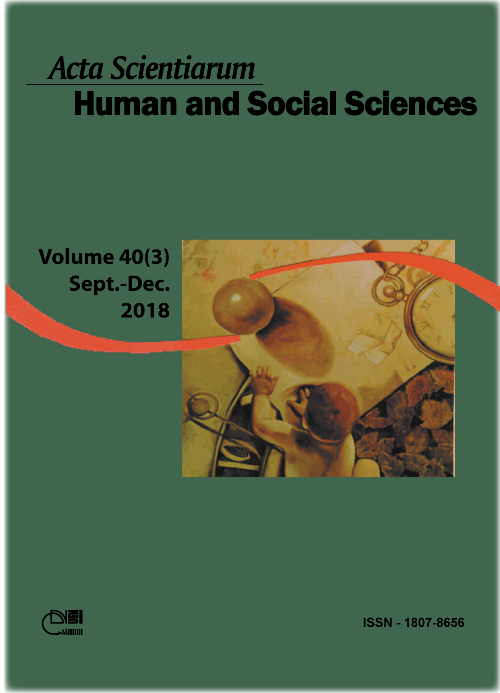<b>A Constituição de 1988 no Brasil e assistência social: trajetórias da inclusão social e do combate à pobreza
Resumen
O Brasil ao longo de sua trajetória histórica teve promulgada e/ou outorgada oito Constituições, que no decorrer dos anos foram implementadas conforme as orientações socioeconômicas de seus agentes burocráticos e políticos. Entre a primeira Constituição, de 1824, e a atual, de 1988, ocorreram modificações com a intencionalidade de assegurar os preceitos de equidade entre todos os membros que compõem a comunidade nacional, buscando de certa forma alcançar o bem-estar. Assim, este artigo tem a intencionalidade de investigar a trajetória histórica das legislações brasileiras que transformaram algumas políticas sociais em direitos de cidadania. Para esta pesquisa, de cunho qualitativo, foram utilizados como instrumentos metodológicos a pesquisa bibliográfica e a documental, na qual analisa-se um conjunto amplo de legislações composto pelos textos constitucionais e normativas ministeriais que institucionalizaram e regulamentaram o campo da assistência social em todo o país. Analisando esse processo histórico, evidencia-se a ampliação dos direitos sociais estabelecidos e garantidos pela Constituição da República Federativa do Brasil (CRFB) de 1988, e que por isso é conhecida como a Constituição Cidadã.
Descargas
DECLARAÇÃO DE ORIGINALIDADE E DIREITOS AUTORAIS
Declaro que o presente artigo é original, não tendo sido submetido à publicação em qualquer outro periódico nacional ou internacional, quer seja em parte ou em sua totalidade.
Os direitos autorais pertencem exclusivamente aos autores. Os direitos de licenciamento utilizados pelo periódico é a licença Creative Commons Attribution 4.0 (CC BY 4.0): são permitidos o acompartilhamento (cópia e distribuição do material em qualqer meio ou formato) e adaptação (remix, transformação e criação de material a partir do conteúdo assim licenciado para quaisquer fins, inclusive comerciais.
Recomenda-se a leitura desse link para maiores informações sobre o tema: fornecimento de créditos e referências de forma correta, entre outros detalhes cruciais para uso adequado do material licenciado.

























